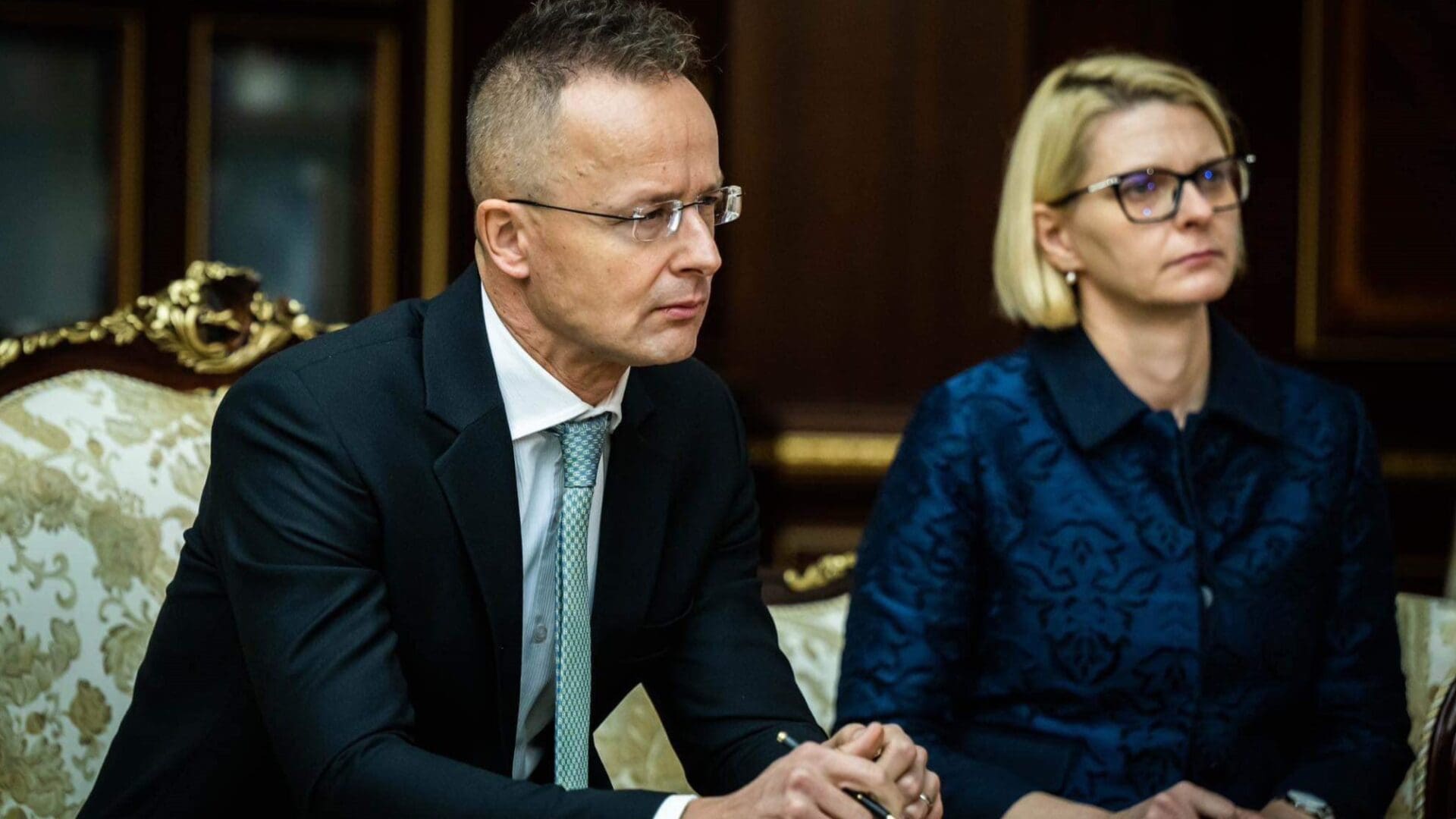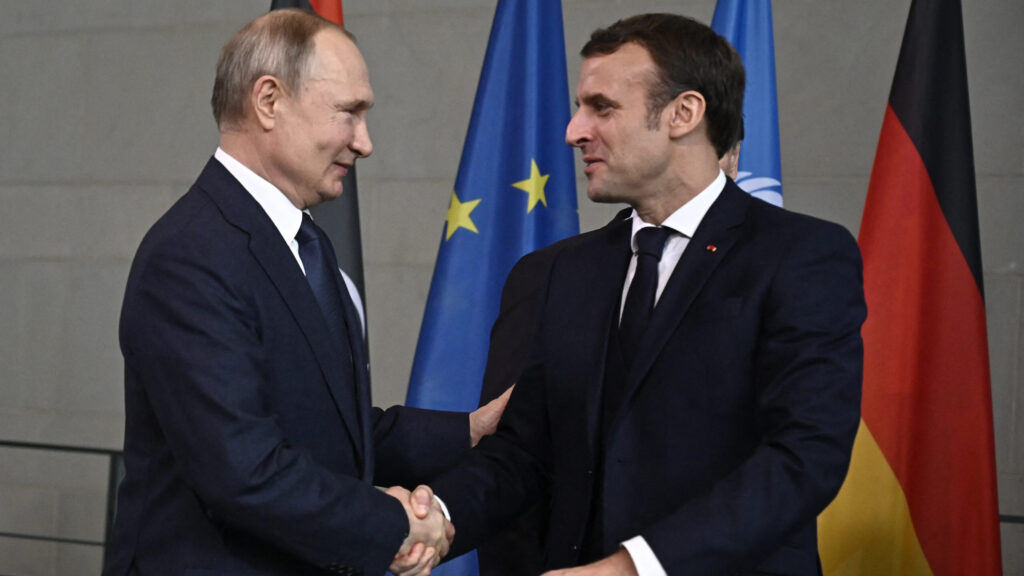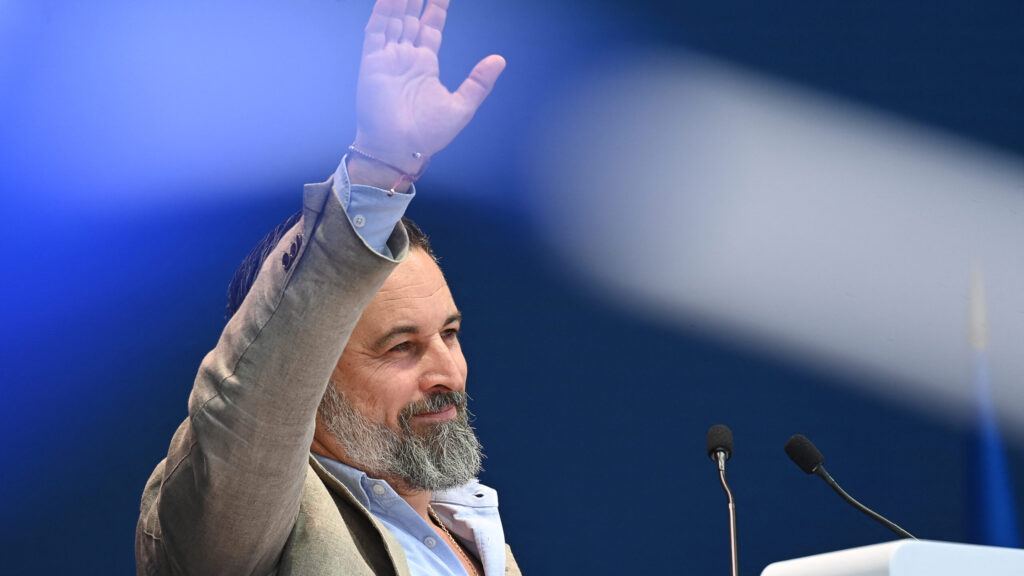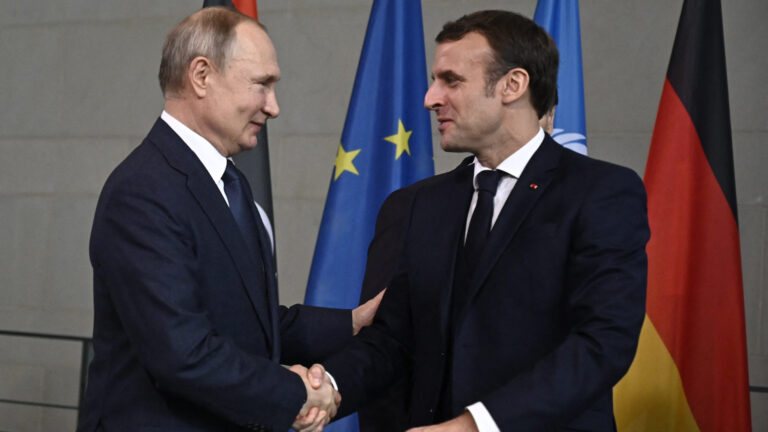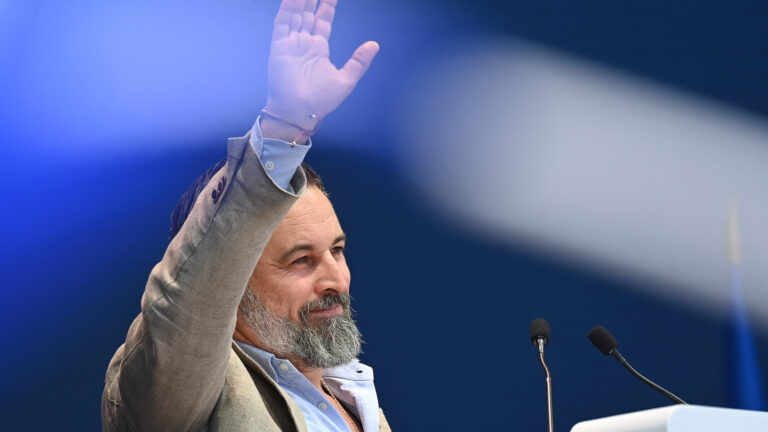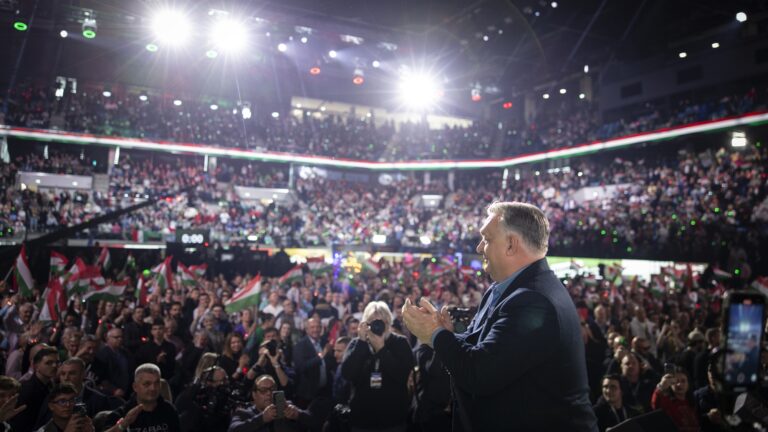An immediate ceasefire and peace talks are needed in Ukraine, as the number of victims and destruction will only grow as the war continues, Hungarian Minister of Foreign Affairs and Trade Péter Szijjártó told a security conference in Minsk, Belarus on Thursday.
Speaking at a high-level international conference entitled Eurasian Security: Reality and Prospects in a Transforming World, Szijjártó said Europe and Hungary had already paid a high price for a war they are not responsible for. Hungarians want peace as soon as possible and do not agree with those saying that the conditions for peace would improve over time, as the solution to the war was at the negotiating table, not on the battlefield. Channels of communication must be kept open, ‘lest we should give up hope for peace,’ he added.
Szijjártó underscored that it was his faith in peace that had prompted him to accept the invitation to the conference, ‘risking, of course, condemnation from certain parts of Europe for the decision,’ he said.
In his speech following Sergei Aleinik and Sergei Lavrov, his Belarusian and Russian counterparts, respectively, Szijjártó said that in order to find solutions to Europe’s challenges and to avoid the deterioration of its situation, the war in Ukraine must be ended through a ceasefire and peace talks.
Log in or sign up to view
See posts, photos and more on Facebook.
Further, ‘civilized dialogue’ must be restored between the East and the West, and political discourse must return to dialogue based on mutual respect and common sense rather than ‘debates based on ideology and politics’, the minister nailed down.
According to Péter Szijjártó, the model of European economic growth, based on a combination of cutting-edge Western technology and relatively cheap Eastern energy, had collapsed. Consequently, natural gas costs four times as much in Europe as in the US and electricity three times as much as in China.
Europe had also made pragmatic issues such as energy supplies a hostage of political and ideological discussions,
Minister Szijjártó opined.
While some called for decoupling the European and Chinese economies, Hungary achieved success by becoming a meeting point of interdependent economic players, he remarked.
The wars in Ukraine and Israel have plunged global security into its worst state since the end of the cold Szijjártó said, adding that meanwhile, the EU is also struggling with a dramatic fall in competitiveness, as China has grown to have the second largest annual GDP worldwide. As Europe’s share of the world GDP has fallen to 17 per cent today from 22 per cent in 2010, China’s grew from nine per cent to 18 per cent, he noted.
Hungary has a vested interest in a safe and strong Europe. ‘For that, we need peace and connectivity,’ Szijjártó concluded.
Related articles:
Sources: Hungarian Conservative/MTI

